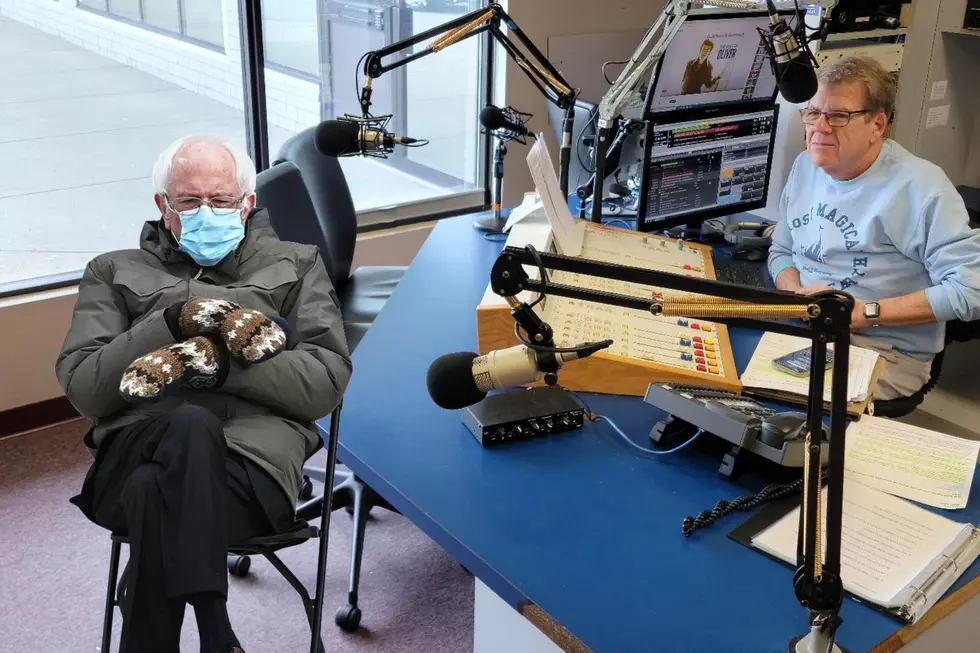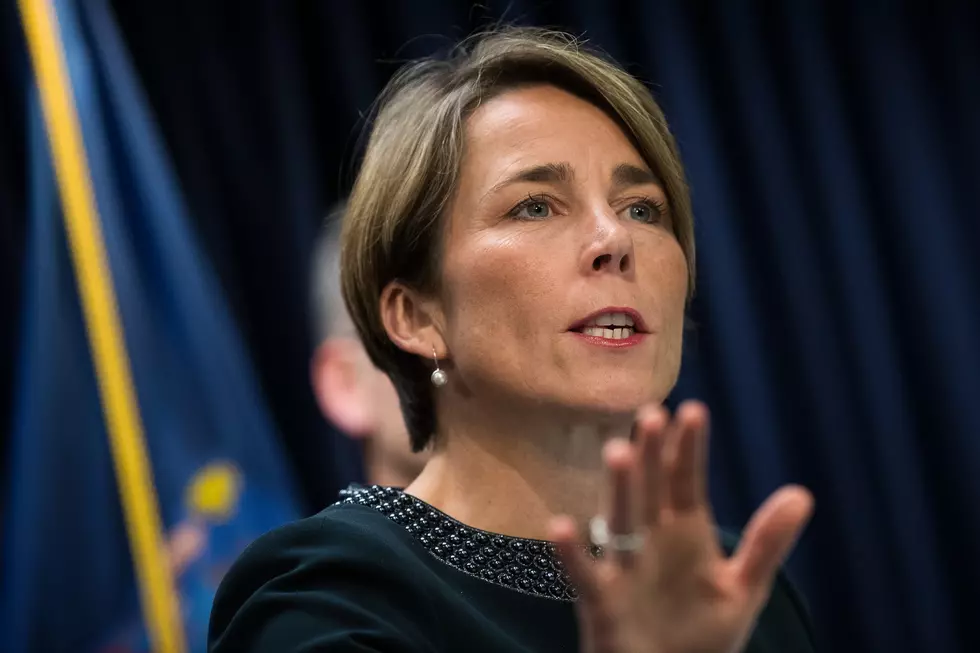![Bernie Lost the Race, But Won the Future [OPINION]](http://townsquare.media/site/518/files/2020/04/GettyImages-1211442434.jpg?w=630&h=420&zc=1&s=0&a=t&q=89&w=980&q=75)
Bernie Lost the Race, But Won the Future [OPINION]
Despite the unparalleled enthusiasm and resilience of his support, the candidacy of Bernie Sanders just wasn’t strong enough to fully overcome the power of the corporate establishment.
There will be a time for postmortems, such as addressing the failure of messaging that kept him from overcoming his ceiling of support, and the lack of preparedness for the when the Empire trained the full force of Death Star on a campaign they rightly saw as an existential threat to its existence.
However, at this critical moment in history, it’s also paramount to reflect on what’s been accomplished by Bernie’s unprecedented run for president: a leftward populist movement that has captured the hearts and minds of a generation.
Beyond just popular support, in the five years since he announced his first presidential run, the core policies of Bernie’s platform have achieved tangible and lasting victories. To name a few:
A living wage: Thanks to the “Fight for $15," the number of states with a $15 minimum wage has doubled, and over 22 million more Americans now earn a living wage, amounting to a collective $68 billion raise. Sanders not only ran on the Fight for 15 in 2016 and 2020, he also authored a $15 minimum wage bill in the Senate. Most notably, Sanders introduced The Stop Bezos Act targeting Amazon CEO Jeff Bezos for not paying his workers a living wage. This political pressure, by his own admission, compelled Bezos to double his company’s minimum wage from $7.25 to $15 per hour for all U.S. workers.
Small individual donations: A campaign funding mechanism once derided as political naivety in the era of Citizens United has now become a show of strength for a candidate’s viability. For a time during this primary, individual donations were even a requirement to get on the debate stage. The unwavering commitment of Bernie’s broad coalition of individual donors is what powered him to outlast nearly every candidate in a 20-plus-person race, most of whom were supported by SuperPACs, demonstrating the potential collective power of a truly unified working class.
Medicare for All: The central tenet of Sanders’ platform is now the most popular healthcare policy among the American people. During this year's primary, exit polling showed that the majority of voters in every single state far prefer a single-payer healthcare system. As of today, a Medicare for All bill proposed by Rep. Pramila Jayapal currently has enough co-sponsors to pass in the House of Representatives.
And amid this pandemic, even single payer’s harshest critics have conceded that the private insurance industry’s continued profiteering off of human sickness is a public health issue. Chiefly among these critics is President Trump, who in an address to the public from the Oval Office on the COVID-19 pandemic, attempted to force private health insurers' hand into waiving all fees for testing and treatment for the virus.
The further capitulation to progressivism in D.C. was shown in the legislative relief efforts following Trump's address. The historic series of legislation included free testing for COVID-19, paid sick leave, Medicaid expansion, and a comprehensive unemployment insurance expansion amendment which was added to the bill by Sanders. This amendment guaranteed full wages for unemployment up to $75,000 with an additional $600 weekly, as well as expanding coverage to tipped and gig employees. Sanders also vigorously defended the amendment on the Senate floor, successfully staving off Republican efforts to quash it.
Of course, none of these policy advancements would be possible going forward without a young and diverse coalition of elected leaders, such as Congresswomen Alexandria Ocasio-Cortez, Ilhan Omar, and Rashia Tlaib, among many others who cite Sanders as their inspiration to run for elected office and champion these policies for the next generation.
When Bernie announced his first presidential run in the Spring of 2015 to the backdrop of Lake Champlain, I was a 26-year-old attorney recently admitted to the bar and beginning a solo law practice. I was skeptical but enthusiastic about the prospect of true progressivism in American governance.
I was told then, mostly by older generations, that these ideas were fanciful and that the “real world” would swiftly disabuse me of them. But after five years of working with those who the system has failed, getting involved in political organizing, and observing the growing popularity of these ideas among fellow “real world” participants, I along with many are further entrenched in the movement for American social democracy.
Bernie’s defeat was a disappointing setback for progressivism, but his steadfast advocacy for a more humane society has shown us these fights can and will be won. He has shown us that an America that provides all of its people with the opportunity for a prosperous and dignified life is possible.
There is no going back from that. From here, we can only move forward.
Marcus Ferro is an attorney practicing in New Bedford and a weekly contributor to The Chris McCarthy Show on 1420 WBSM. Contact him at marcusferrolaw@gmail.com. The opinions expressed in this commentary are solely those of the author.

More From WBSM-AM/AM 1420



![Time Is Running Out for Costly Unskilled Workers [OPINION]](http://townsquare.media/site/518/files/2021/08/attachment-GettyImages-50990169.jpg?w=980&q=75)
![Some SouthCoasters Still Stuck on Trump [OPINION]](http://townsquare.media/site/518/files/2021/07/attachment-Trump-Truck-1.jpg?w=980&q=75)

![Baker Could Face Several Re-Election Challengers [OPINION]](http://townsquare.media/site/518/files/2014/11/charlie-baker2.jpg?w=980&q=75)
![Colin Gordon on Bernie Sanders and the Department of Labor [OPINION]](http://townsquare.media/site/518/files/2020/08/GettyImages-1208705094.jpg?w=980&q=75)
![A Vote for Biden Is a Vote for Socialism [OPINION]](http://townsquare.media/site/518/files/2020/10/GettyImages-1277616709.jpg?w=980&q=75)
